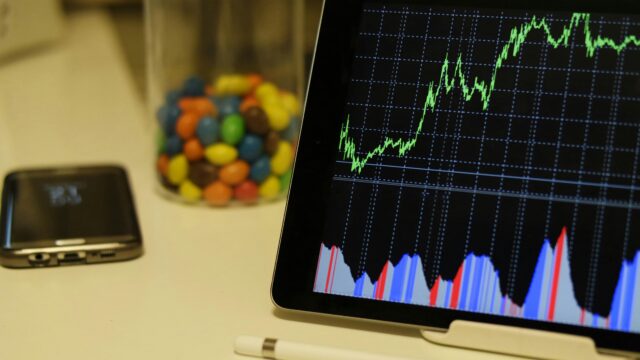
You may have seen trading depicted in movies like The Wolf of Wallstreet, or you’ve gotten trading clips recommended for you on your social media platforms, which is all fantastic, albeit not one hundred percent or even fifty percent accurate. Taking up the art of trading in the financial markets, particularly in the Forex (foreign exchange) market, is a complicated dance of strategy, psychology and discipline. You don’t only have to understand the charts and indicators, although that is a helpful first step, you also have to embrace that it’s a multifaceted endeavor including a need for technical skills and psychological resilience. However, if you think you’ve got what it takes, then it can be a super interesting way to make extra income or a full-time living, of course depending on your skills and experience level. Here’s an in-depth look at the art of successful trading in Forex and beyond.
Understanding the Market
Before diving into trading, it would be grand for you to understand and grasp how the market works. The Forex market is the largest financial market globally, involving the trading of currencies. Unlike stock markets, which are typically confined to specific countries, Forex operates 24/5, providing traders with constant opportunities to buy and sell during the business week.
In addition to Forex, other markets like commodities, equities and cryptocurrencies offer diverse trading opportunities. Start by researching a little using reputable sites like HFM to understand the unique characteristics of each market, from market hours to liquidity and volatility. Also, be sure to check in with yourself and see whether you are the kind of person who can handle high stress and uncertainty. There are people who truly thrive in uncertain conditions and live for the trading game, however if you know yourself to be a 9 to 5 kind of person who likes a steady paycheck, then trading may not be the thing for you.
Developing a Robust Trading Strategy
If you’ve come to the conclusion that you enjoy risk and you see yourself as a disciplined person who has a keen interest in finance, then it’s high time to come up with a successful and robust trading strategy, which is usually built on a few factors. The first thing you’re going to need to do is carry out a technical analysis, which involves studying price charts and using indicators like moving averages, Relative Strength Index (RSI), and Bollinger Bands to predict future price movements. In essence, what you’re trying to do with these tools is identify entry and exit points based on historical price data.
After concluding your technical analysis, it’s time to move on to a fundamental analysis that focuses on economic indicators, news events and other factors that can influence market prices. Contrary to what you may have seen in series and movies, trading also encompasses reading and research, you have to know what’s going on all over the world so that you can attempt to predict how prices will change based on all the happenings. This includes monitoring economic reports, geopolitical events and central bank policies. In other markets, fundamental analysis might involve earnings reports, industry trends or macroeconomic data. You can see that sound general knowledge is required for trading, as is staying ahead of things and on the pulse.
Mastering the Psychology of Trading
This is the fun part. Trading is as much about psychology as it is about strategy. If you see yourself becoming a successful trader, the key is to develop emotional resilience and mental discipline because you’re going to need them plenty in the future. It’s true that you should be open about your feelings, but when it comes to trading you have to practice and master emotional control. Fear and greed are common emotions that arise, and they can lead to poor trading decisions if you don’t manage them. Fear might cause a trader to exit a position prematurely, while greed can lead to overtrading or taking excessive risks. Developing emotional control will help you stick to your strategies and avoid impulsive decisions.
Patience and discipline are two more things that could make or break your career. What’s actually noteworthy and great about learning all of this, is that you can use it in your everyday life. No one has ever complained about being too patient or disciplined. So why not see it as personal development in general? Success in trading often requires you to wait for the right opportunities and stick to your plan. It’s important to avoid chasing losses or overreacting to short-term market movements. The last part of mastering your psychology involves assessing yourself by regularly reviewing your trading performance and identifying mistakes that you believe you’ve made. Look at past trades, recognize your patterns and adjusting your strategy based on the lessons you have learned. Contemplate keeping a diary to write everything down.
Final Words
Successful trading in Forex and beyond is really an art. Don’t be fooled by the one percent who have made it online or who show off their wealth. Trading is like everything else in life: it takes patience, practice, a lot of research and plenty of mistakes. Try to see it as a new project and use demo versions to trade without using your own money to start off with. Remember to also be realistic and set realistic goals, adhere to legal standards and practice ethical behavior to contribute to your long-term success. Happy trading!






